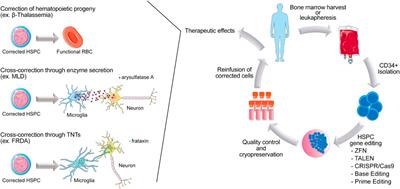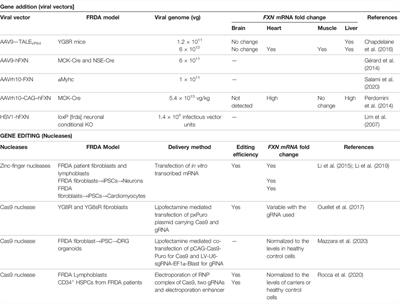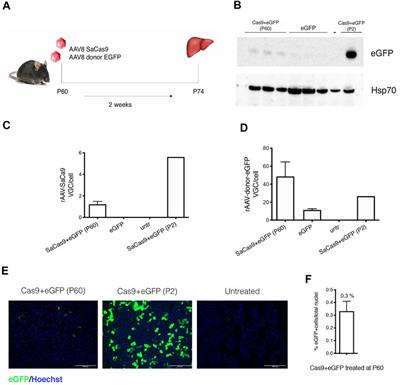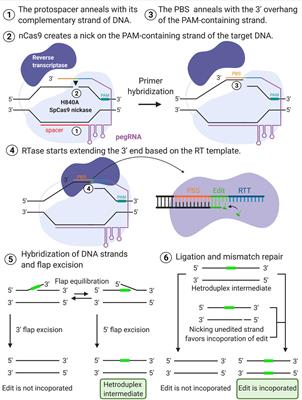EDITORIAL
Published on 06 Jul 2023
Editorial: Ex-vivo and in-vivo genome engineering for metabolic and neurometabolic diseases
doi 10.3389/fgeed.2023.1248904
- 1,799 views
- 1 citation
8,298
Total downloads
30k
Total views and downloads
EDITORIAL
Published on 06 Jul 2023
REVIEW
Published on 09 Jan 2023

REVIEW
Published on 17 May 2022

ORIGINAL RESEARCH
Published on 11 Mar 2022

MINI REVIEW
Published on 25 Nov 2021
